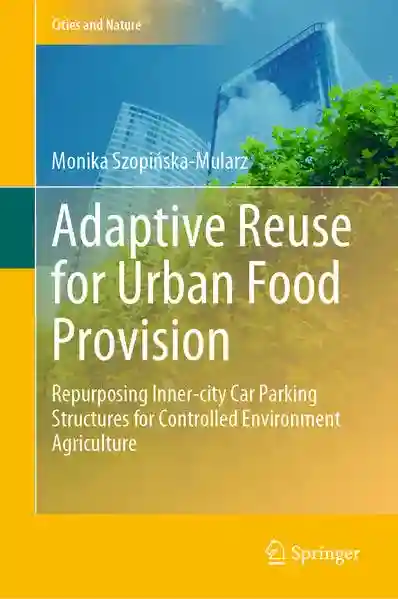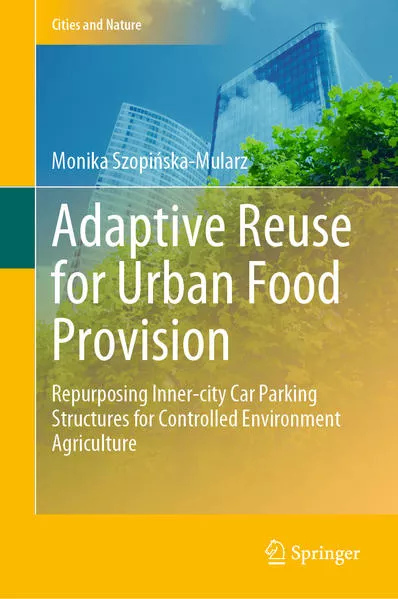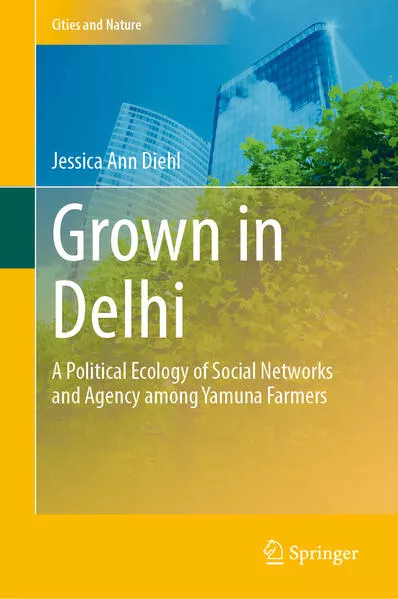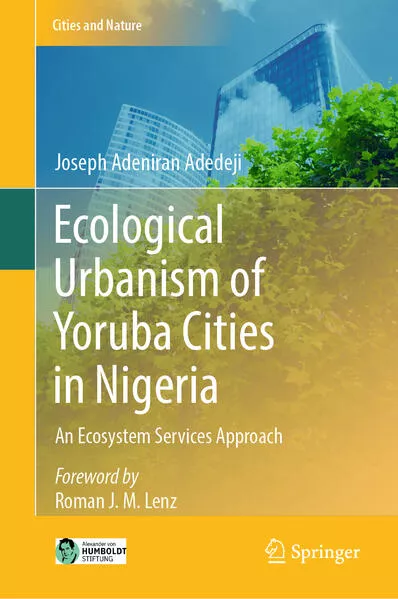Chronologie aller Bände (1 - 3)

Die Reihenfolge beginnt mit dem Buch "Adaptive Reuse for Urban Food Provision". Wer alle Bücher der Reihe nach lesen möchte, sollte mit diesem Band von Monika Szopińska-Mularz beginnen. Der zweite Teil der Reihe "Adaptive Reuse for Urban Food Provision" ist am 12.07.2022 erschienen. Die Reihe umfasst derzeit 3 Bände. Der neueste Band trägt den Titel "Grown in Delhi".
- Anzahl der Bewertungen für die gesamte Reihe: 0
- Ø Bewertung der Reihe: 0
- Start der Reihe: 12.07.2022
- Neueste Folge: 03.04.2024
Diese Reihenfolge enthält 3 unterschiedliche Autoren.
- Autor: Szopińska-Mularz, Monika
- Anzahl Bewertungen: 0
- Ø Bewertung:
- Medium: Buch
- Veröffentlicht: 13.07.2022
- Genre: Politik
Adaptive Reuse for Urban Food Provision
This book analyses the adaptive reuse potential of inner-city modern movement car parking structures for controlled environment agriculture systems and the contribution of such a transformation to urban development. Modern movement garages built over the last 60 years are becoming redundant due to changing mobility trends and growing environmental awareness. Adaptive reuse is one of the scenarios that can reconcile these megastructures with contemporary urban needs. The novel function proposed in this study for multi-storey garages is controlled environment agriculture, which is a food production technique that is now developing in cities as an innovative business and a secondary food source.
First, the study focuses on the theory of repurposing existing buildings for food production, which is then summarised in the form of a guide for the analysis of the adaptive reuse potential of inner-city car parking structures for controlled environment agriculture. Second, the guide is applied to two case studies, which allows exploring their potential to accommodate urban farming from planning, architectural, and environmental perspectives.The book aims to inspire and support decision-makers, architects, scholars and students when elaborating novel solutions for repurposing buildings for alternative functions. The publication encourages treating existing building stock as a resource that can become a stimulus for the new design process, which improves urban food provision.
- Autor: Diehl, Jessica Ann
- Anzahl Bewertungen: 0
- Ø Bewertung:
- Medium: Buch
- Veröffentlicht: 10.04.2023
- Genre: Politik
Grown in Delhi
This monograph will be of interest to academic faculty and graduate students in critical geography, cultural anthropology, food studies, landscape architecture/urban planning, and sociology.
- Autor: Adedeji, Joseph Adeniran
- Anzahl Bewertungen: 0
- Ø Bewertung:
- Medium: Buch
- Veröffentlicht: 23.07.2023
- Genre: Roman


